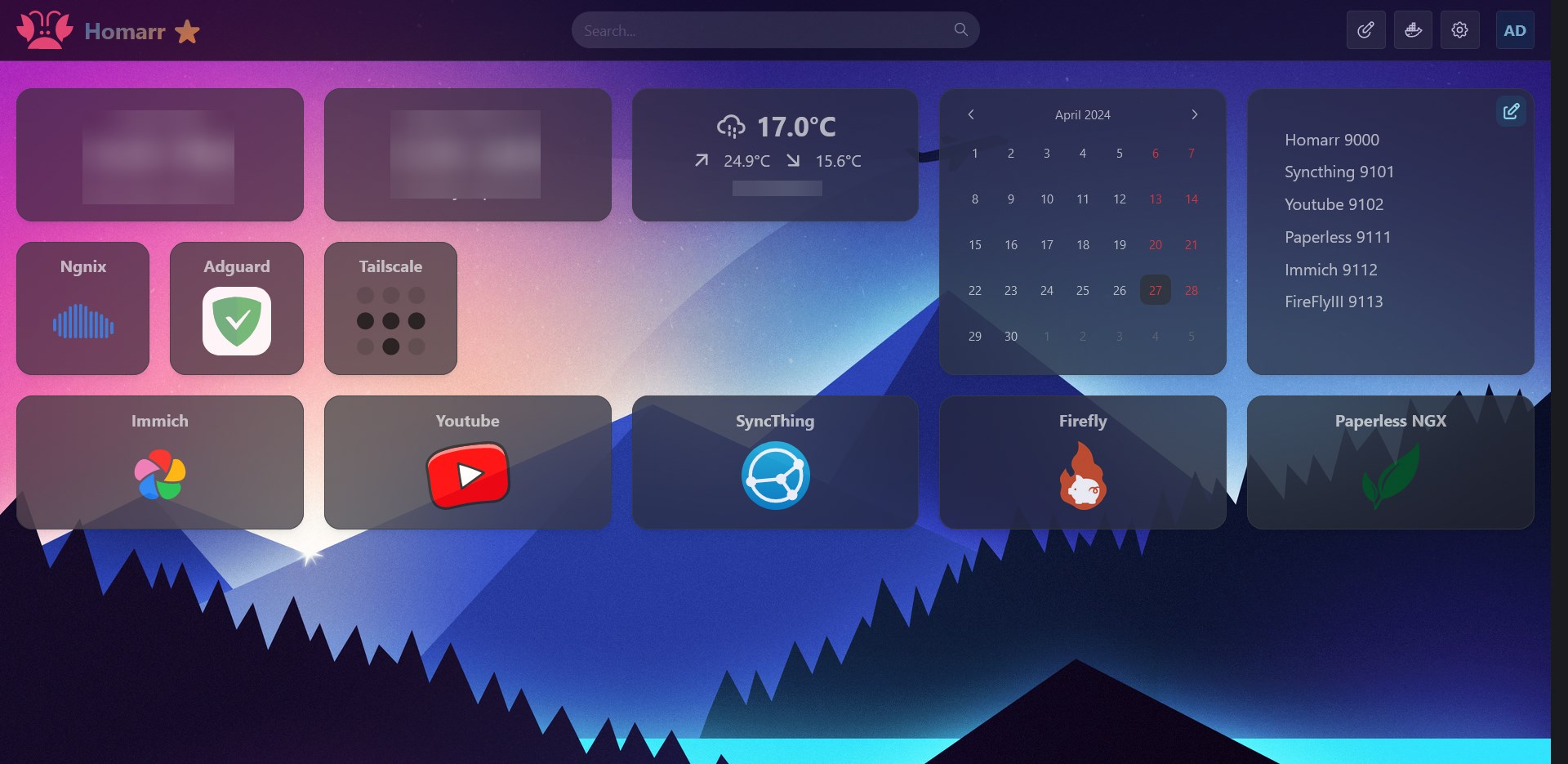Selfhosted
A place to share alternatives to popular online services that can be self-hosted without giving up privacy or locking you into a service you don't control.
Rules:
-
Be civil: we're here to support and learn from one another. Insults won't be tolerated. Flame wars are frowned upon.
-
No spam posting.
-
Posts have to be centered around self-hosting. There are other communities for discussing hardware or home computing. If it's not obvious why your post topic revolves around selfhosting, please include details to make it clear.
-
Don't duplicate the full text of your blog or github here. Just post the link for folks to click.
-
Submission headline should match the article title (don’t cherry-pick information from the title to fit your agenda).
-
No trolling.
Resources:
- selfh.st Newsletter and index of selfhosted software and apps
- awesome-selfhosted software
- awesome-sysadmin resources
- Self-Hosted Podcast from Jupiter Broadcasting
Any issues on the community? Report it using the report flag.
Questions? DM the mods!
view the rest of the comments

Hummm, I have a syncthing instance in a docker compose, so yeah I can access it through my ssl domain (https://syncthing.home.lab) but traefik takes care of everything.
Now if it's on your local machine you're trying to use your SSL certificate I don't know, I always access it through the local ip (127.0.0.1:8384).
If I had to guess or give it a try, I would point the IP to my dns through my host file on my machine. But that's just a wild guess :/
I think syncthing has a good documentation about it :)
You could use split DNS on your router (or wherever your DNS is) so that when you visit the syncthing address on your local network, you’re being directed to traefik.
I use a domain override in pfsense for syncthing.myhomelab.com which points to my reverse proxy’s local IP.
I can access using the local ip but I can't access using the ssl domain, I can access it but I can't login for some reason. I can't figure out how to fix it